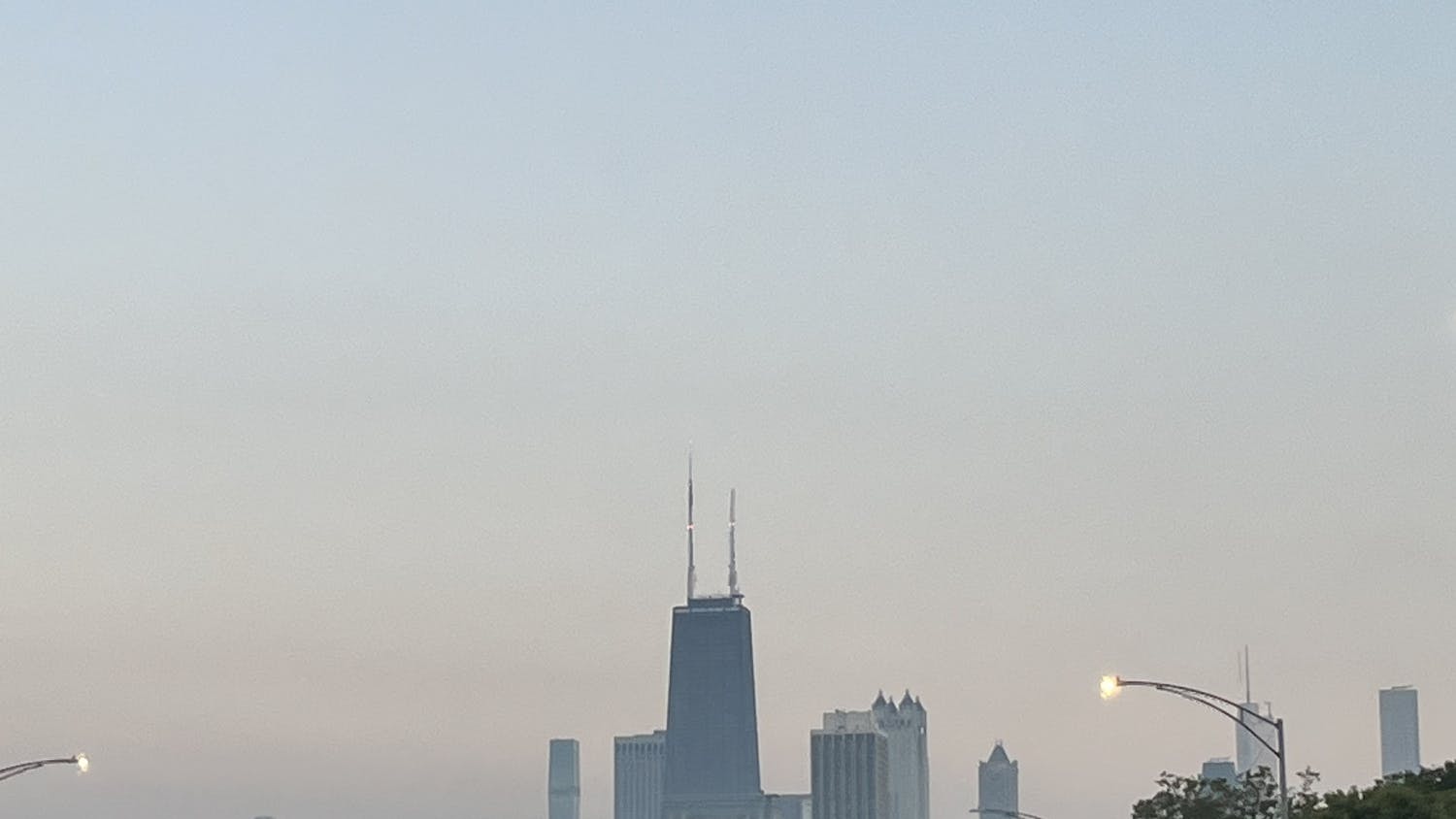With summer internship application season in full swing and, for some, the final Dartmouth term ever just around the corner, students across campus are being faced with a question many love to ask but few like to answer: what are you planning to do after graduation?
For some, like William Graber ’20, their dream career has remained constant — however elusive or distant it may have seemed — their whole lives. Graber, an engineering major, shared that from the age of 12, he harbored the aspiration of becoming a professional hockey player, although his past three years at Dartmouth have certainly opened up a number of other academic and career-related avenues to explore.
“Part of me is planning to potentially go back to school and look at Master’s programs for engineering, while part of me is still holding on to my lifelong dream to play professional hockey,” Graber said. “Luckily, Dartmouth has afforded me the opportunity to both pursue an incredibly high-level education while also keeping my childhood dream alive.”
According to Graber, his parents have been incredibly supportive in helping foster his passion for hockey, especially because they believe the pursuit of a professional athletic career is a time-sensitive endeavor with a short window of opportunity.
“My mom’s probably the first person I go to for advice, whether it be about school, hockey or life in general,” Graber said. “One thing she’s always told me is, ‘If you want to pursue hockey, go for it and give it everything you’ve got. You can only play sports for so long, so pursue the things you can in the moment and take advantage of the opportunities you have now.’’
Others, like aspiring actress Kerrigan Quenemoen ’20, have discovered their passion in the arts, sharing the profound value and impact she believes a stellar performance can have on an audience. Particularly during her winter off-term working in theater administration and marketing, she has gained an even deeper appreciation for theater and the arts.
“To me, theater is such a beautiful form of storytelling,” Quenemoen said. “I’ve been fortunate enough to see a lot of plays during my off-term this winter in New York with such powerful political messages that can change people’s minds within just an hour and a half.”
Christian Williams ’19, a film major and theater minor hoping to pursue directing after graduation, also shared that he had experienced some particularly compelling moments that reaffirmed his career choice. For him, the moment in which his passions truly clicked occurred during his freshman winter, when in a television production class, he and his peers produced a show that brought him immense pride and joy.
“There was a moment during the show itself, knowing that I was directly responsible for producing this SNL-style, hour-long show that we were filming live, that I just had an incredible feeling inside me,” Williams said. “There’s really no rush like watching something that you’ve written be performed or seeing and listening to people respond to your work.”
While firmly rooted in and proud of her planned career path, Quenemoen shared that she has — not surprisingly — faced some resistance and criticism for following her passions.
“I’m fortunate because my parents have been very supportive in my career choice, but sometimes I still feel a little embarrassed telling people that acting is what I want to do coming out of Dartmouth,” Quenemoen said. “I often get a lot of pushback, with people asking me things like why I’m wasting my Dartmouth education.”
Williams agreed that there seemed to be a stereotypical “Dartmouth track” that many students chose to pursue, and anything deviating from that path — such as his own career — was considered by some to be unconventional or even too risky. For Williams, however, this alleged “conventional, safe” path was not without flaws.
“I do think there is the narrative that the typical Dartmouth student career is consulting or finance, and there are plenty of people here who really want to go make money for a bit and do what they love afterwards, which is honestly a smart way to go,” Williams said. “That being said, sometimes I think, if you wake up every day and you just hate your job, then what’s the point of really doing anything at all?”
Along those same lines, Quenemoen shared the response she typically had to those questioning her career path, emphasizing the reason she specifically chose to attend Dartmouth over other schools offering prestigious Bachelor of Fine Arts programs.
“Honestly, it’s disheartening to me when I talk to people who are studying something they don’t necessarily like just to make money,” Quenemoen said. “So, when people ask me why I’m ‘wasting my education’ pursuing theater, I think, ‘Well, why are you wasting yours not studying what you’re passionate about?’”
Furthermore, Quenemoen shared that through her experience of constant reflection on her career path, she reaffirmed that pursuing theater in college and beyond was the right decision for her.
“We’re here at this institution to become critical thinkers, and Dartmouth gives us so many amazing resources and interesting classes,” Quenemoen said. “I personally chose not to attend a [Bachelor of Fine Arts] program and do only technical theater because I didn’t want to become a robot who doesn’t know to think for herself. I’m here at Dartmouth to think critically, analyze works and learn about theater as well.”
Similarly, Graber shared that he has witnessed many a person fall prey to the so-called “Dartmouth finance hype,” in which students look to one another for guidance in their career paths or pursue one career choice over another simply because everyone else seems to be doing the same.
“It’s easy, especially at Dartmouth, to just watch what everyone else is doing, get lost in that and begin to question your own decisions,” Graber said. “Even I got sucked into the whole sophomore summer recruiting hype, but then I had to take a step back and ask myself what I really wanted, trusting that I was making the right choices for myself.”
Clearly, here at Dartmouth, there certainly seem to be a few career pathways that are more common, conventional or even well-accepted than others; but as many have shared, as long as you choose what’s best for you — taking into account your own personal desires, strengths and dreams — that’s what’s most important. Lucky for us, Dartmouth is definitely a place that leads students to success through any number of routes, giving us as students the confidence to bravely and passionately pursue whatever career calls our name.
Williams is a former member of The Dartmouth.




